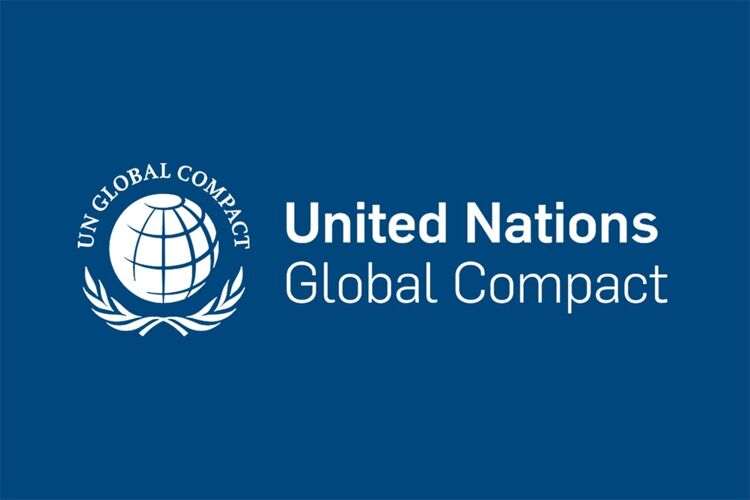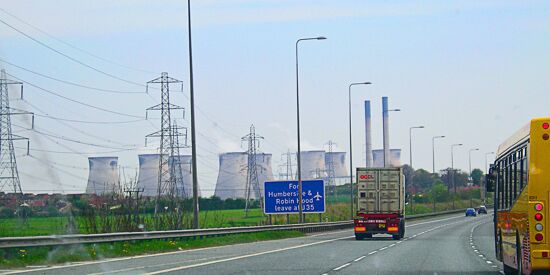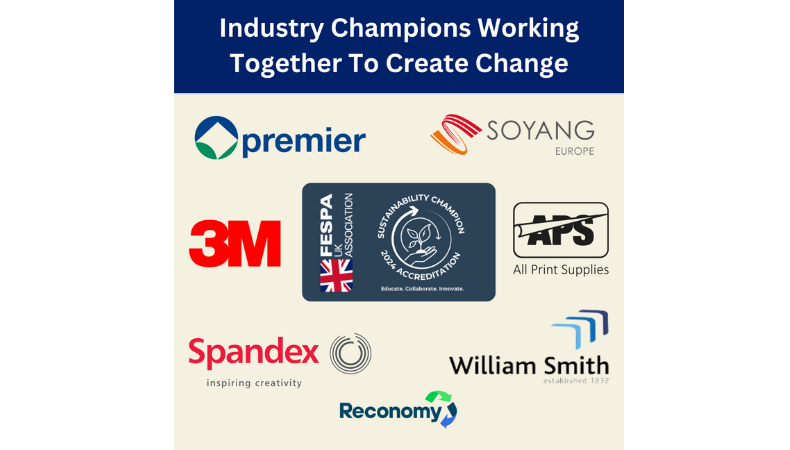Heidelberg joins the United Nations Global Compact

Laurel Brunner shares the importance of the United Nations Global Compact. Members include Mercedes-Benz, Pearson and Unilever with Heidelberg now joining as a member.
The United Nations Global Compact (UNGC) is an initiative launched in 2020 to get corporations around the world to work towards helping improve life on the planet. Participants sign up to a set of ten guiding principles as well as the seventeen United Nations Sustainable Development Goals (UNSDGs). The UN describes its UNGC project as “the world’s largest sustainability initiative”, and it probably is. Besides Heidelberg, members include the likes of Mercedes-Benz, Pearson and Unilever.
Heidelberg’s move is about more than paying lip service in support of a good idea. And it’s about more than sourcing material for sustainability based marketing. The UNGC requires companies to make real commitments to improving human rights, sharing responsibility for sustainable futures, anticorruption and improved social standards. Nearly 21,000 companies have signed up to commit themselves, in theory at least, to the UNGC’s principles. It’s not clear how the UN monitors and measures compliance to the compact, so we’ve asked. We’ll let you know the answer if we get one.
Heidelberg says it has joined the UNGC to align its business and development strategy with the UNGC’s principles which are about human rights (two principles), labour (4), environment (3) and anticorruption. Dr. Ludwin Monz, Heidelberg’s CEO, describes UNGC membership as “a logical step in our efforts to have the smallest ecological (sic) footprint along the entire value chain in our industry”. This sounds like Heidelberg may be working with other industry participants, for instance in workflow management and finishing, to support the industry’s greater environmental accountability, particularly on Scope 3 emissions. These are the emissions over which an organisation has no control, unlike emissions for which it is directly responsible (Scope 1) and indirectly responsible such as the emissions associated with energy (Scope 2). Heidelberg has stated that it is going for climate neutrality for Scopes 1 and 2 by 2030, through reduction and offsetting efforts. Like most industry players focused on survival, Heidelberg is working to improve energy efficiency in its products and facilities, through reduction efforts and accelerating its shift to the use of renewable energy. Unavoidable CO2 emissions will be “neutralized … by means of voluntary compensation”. Sounds nasty. The company intends to have done all necessary neutralising by 2040, at least for Scope 1 and 2 emissions.
This step forward is part of Heidelberg’s transformation to thrive in a changing world. The company has already taken steps to lessen its dependance on printing press sales. It’s move into charging systems for electric vehicles is part of this. But leveraging its core competencies to support a greener way of life is perhaps a rather more powerful statement of intent than joining the UNGC. The UNGC may be yet one more unaccountable talking shop, but at the very least it is a shared framework. Its principles are a common reference in support of a more sustainable future and we hope many more printing and publishing industry players follow suit.
Cover Image credit United Nations Global Compact
Recent news

How to start your journey in sustainability
Laurel Brunner shares some basic steps of what printers can do to begin their journey in sustainability. These steps focus on conserving resources and minimising waste.

How can air pollution impact the economy and individual businesses
Clare Taylor shares how the impacts of poor air quality can actually become a direct business concern and costly. Clare discusses how air pollution can considerably impact the econom and individual businesses.

Mimaki Engineering launches eco-friendly carbon ink cartridges to worldwide market
Mimaki launches eco-friendly carton ink cartridges to the global printing industry, significantly reducing plastic usage and improving recyclability This latest solution is another initiative by the company to support printers in reducing their environmental impact
_5.png?width=550)